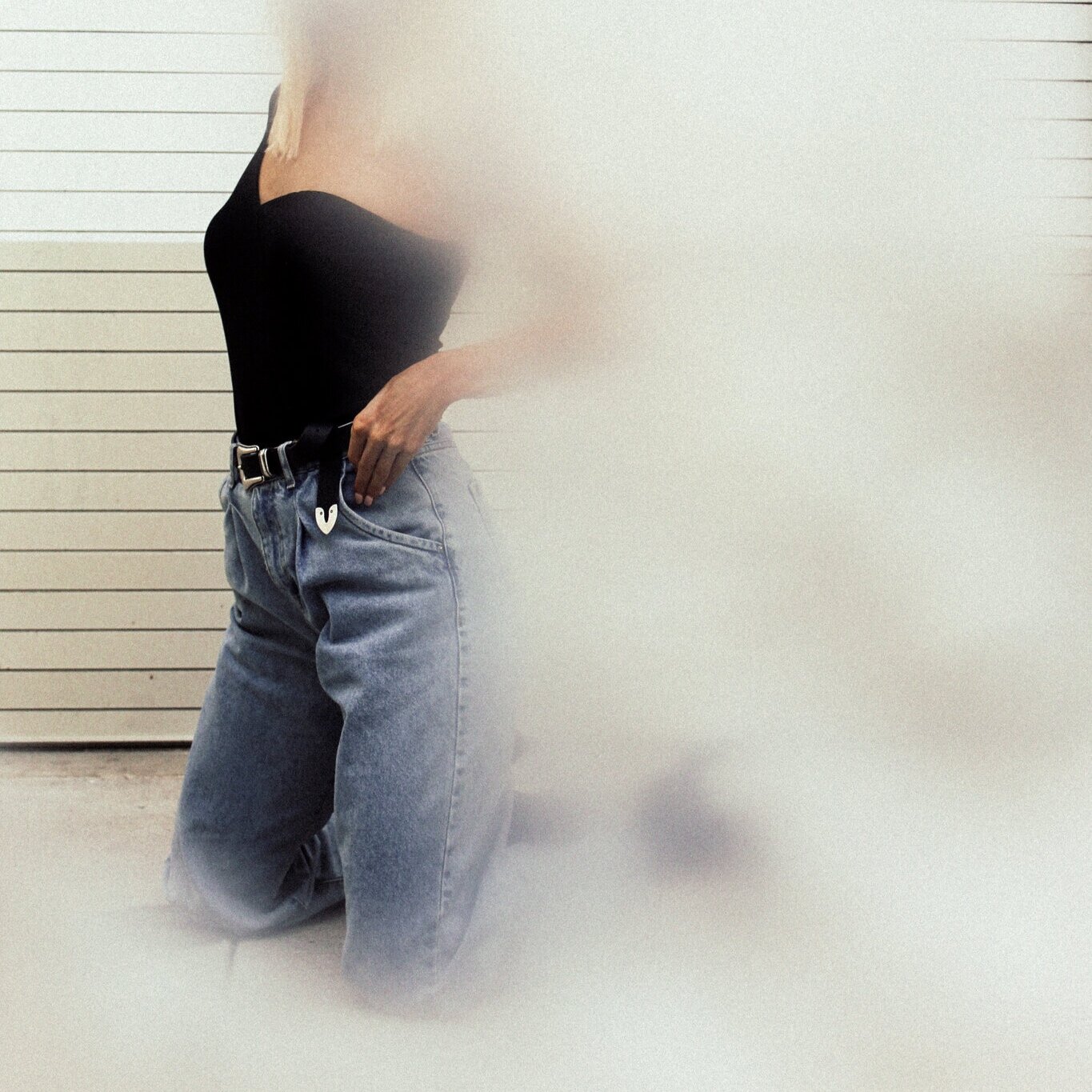Echoes—Our Personal Histories and Generational Trauma
Art Direction and Photograph by: Catie Menke. Model: Darby Ball.
Copy by: Dyanna Potter
Model: Darby Ball
Editor: Jeni Fjelstad
Creative Direction: Catie Menke
I read the book It Didn’t Start With You by Mark Wolynn. It talks about the intergenerational trauma that is passed on through our genes, through our energy, from one to the other. It talks about the relation between marriage problems and the problems faced with parents and how the negative messages we feel about parents are oddly similar to the feelings we have about our partners.
The book asserts that the impacts of our grandparents and past generations echo through our lives today. He discusses extreme and heinous moments in history such as the Holocaust, Cambodian genocide, and Armenian genocide. The generations following feel the same anguish, loss, fear, and trauma despite never having experienced something of that magnitude. He discusses how our family trees spread when we have been hurt by someone. The Nazis become a part of the families that they harmed, etc.
While reading I couldn’t help but feel deep empathy for each of these individuals described. We react to the world in different ways. Some positive, and some negative. When we see the negativity on our screens or hear about it on the news, a common first thought is “how could anyone do that?” What if we viewed them with the pain they are displaying? Now this doesn’t excuse anyone’s behavior, that is not an excuse to treat anyone poorly or harm anyone. But it does help to take a step back and realize this is deep, deep pain that is being displayed.
We echo our past histories and traumas. We are walking family-history books. Some can be explained and some cannot. We are the product of our parents, our grandparents, our broken hearts, our happy days and theirs.
If we look at people with a little more compassion than with “how could you?” what would it be like? When reading the book, I felt empathy for those that are suffering. When you have an unexplained pain, it’s hard to shut off the narrative of “this is just who I am, broken, messed up.” It’s hard to not compare and look at others as having “it,” and you don’t. When doing deep personal work, I learned the unexplained narrative did not come from me. It was an echo from past generations. When I healed it for them, through me, I felt relief. I held space for them to release their pain. It was freeing for me and them. Those thoughts of comparison and negativity were gone. I didn’t feel their weight anymore.
When I see others that appear happy or have “it,” I’ve often felt, ‘how is it that they know how to be in a relationship and I don’t?’ or ‘they know how to do XYZ…?” I wonder what their upbringing was like, and how they were treated during the dark times. Were they brushed off when they cried? Or were they cuddled, and given the space and time to express themselves and understand what they felt?
Art Direction and Photograph by: Catie Menke. Model: Darby Ball.
Some things are good and some I am working on, vehemently. I want to improve the areas of myself that are dark, scary, and just not right. I don’t want to pass those on to others. I want to break the cycle. Toxicity and hatred can be spread so easily from one to another. Why not break the cycle? Why not take that toxicity, understand it, and reformat it to something beautiful?
When I choose to let the negativity fester within me, I can only spread negativity. No matter if I fake a smile, there is no denying that it's fake. But when I choose to shake off the negativity and embrace positivity, the smile I share is genuine, kind, and patient. I smile because I feel like smiling. It’s not a smile that is hiding anything or trying to mask anger or resentment. It’s just me. Just a smile. Just a person who is content with me and my surroundings. That authentic version of me comes forward and shines. That is spread throughout my world.
It means that I am stopping the negativity with me. This has been a long road, and one that I will continuously work on, but I’m willing to do it. I, myself, hold the power to impact generations. Whether it is my posterity or others, I can dramatically change their lives for good or bad. I choose good. I choose to be the one to spread joy and acceptance wherever I go. I choose love. I choose me.










































